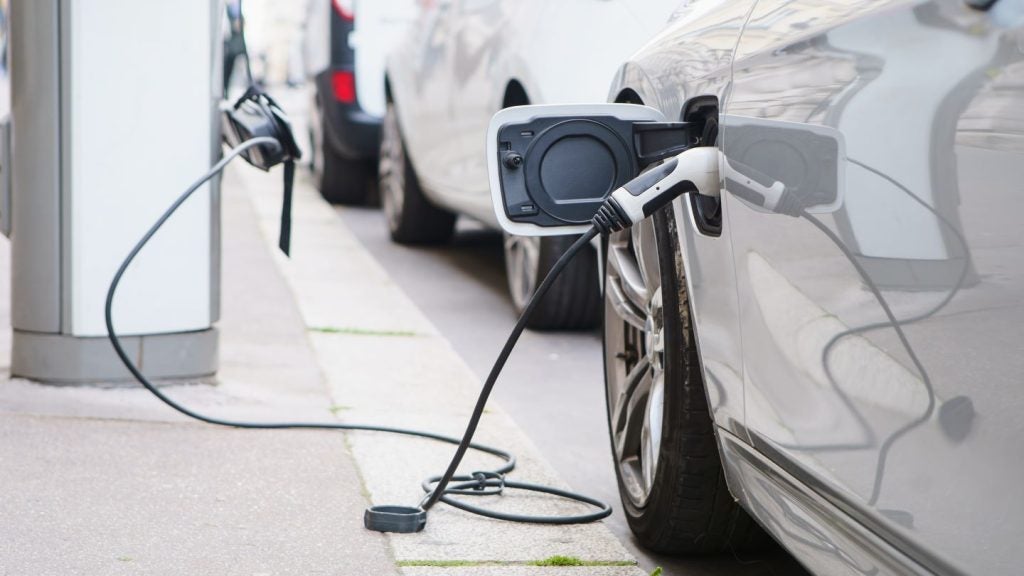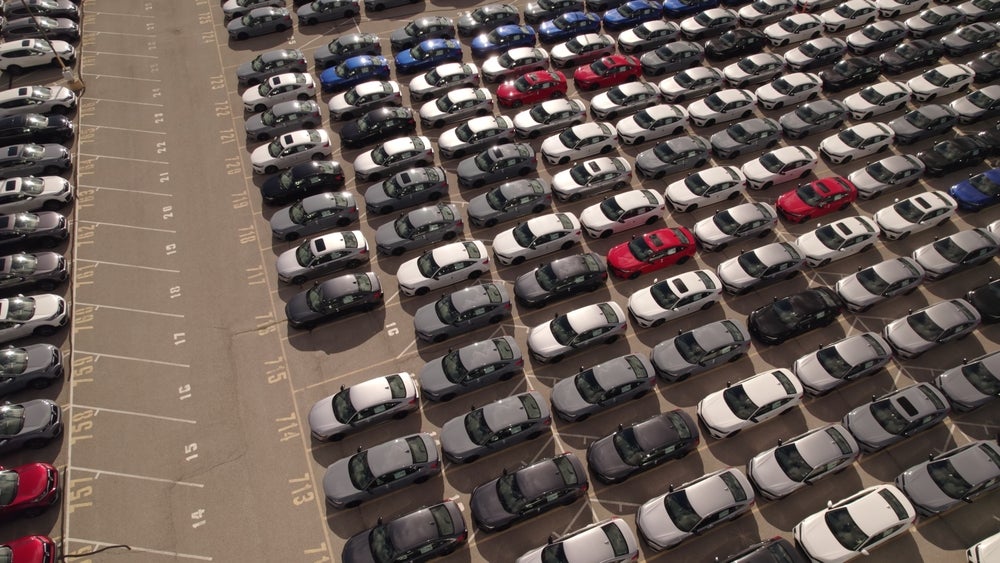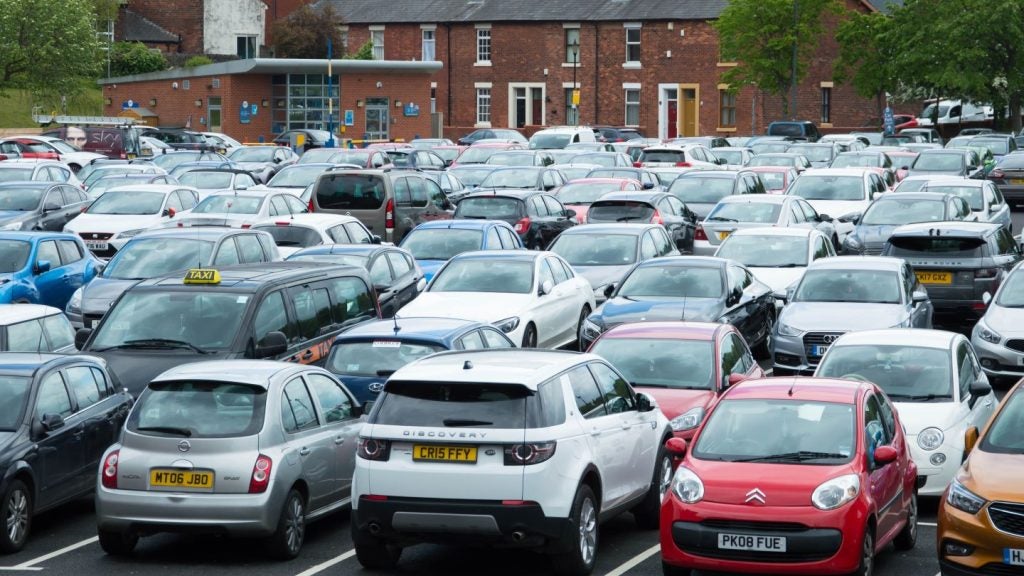
The Vehicle Remarketing Association (VRA) has highlighted emerging valuation challenges with “Covid cars” – vehicles manufactured during the pandemic with irregular specifications.
These cars are now appearing on the used market, creating issues for dealers and traders, according to Marcus Blakemore, chair of the VRA’s Industry Trends Committee.
Blakemore explained that during the early stages of the pandemic, supply chain disruptions, particularly the shortage of microprocessors, forced manufacturers to alter production lines. This led to the removal of key items from many vehicles to maintain production flow.
“Depending on the manufacturer and model, various features were omitted – heated seats, head-up displays, electric door mirrors, electric seats, and more. Some cars were even built with analogue instrument clusters and clocks,” Blakemore stated.
The remarketing sector is currently debating the impact of these missing features on car valuations, which seem to vary depending on the model. Blakemore noted that these “Covid cars” are now entering the used market, causing valuation challenges for vendors, dealers, and consumers.
“While it is generally agreed in the used sector that few equipment items add significant value to any used car, the absence of expected features can make a vehicle more difficult to sell. For instance, a three-year-old prestige car without heated seats is likely to remain unsold for longer,” he said.

US Tariffs are shifting - will you react or anticipate?
Don’t let policy changes catch you off guard. Stay proactive with real-time data and expert analysis.
By GlobalDataIn 2024, much of the stock is bought “blind” by dealers and traders, who often do not realise they have purchased a Covid car until it undergoes inspection. This raises questions about possible discounts, returns, or solutions to the specification issues.
Adding to the confusion is the lack of data on these vehicles. Few manufacturers have detailed records of the measures taken during production. “We’ve spoken to franchise dealers who, upon consulting their databases, insisted certain specifications do not exist, even when we have the car in front of us,” Blakemore said. This lack of information hinders valuation companies from accessing reliable data.
Despite some cars being sold with clear indications of compromised specifications, there is little guidance on their worth. Blakemore emphasised the need for dialogue on this issue, stating, “Currently, this is a relatively small but irritating problem. However, as more of these cars enter the remarketing cycle, it will become a larger issue.”
The VRA aims to raise awareness of this situation to foster discussions and seek solutions as these Covid-era vehicles continue to impact the used car market.







